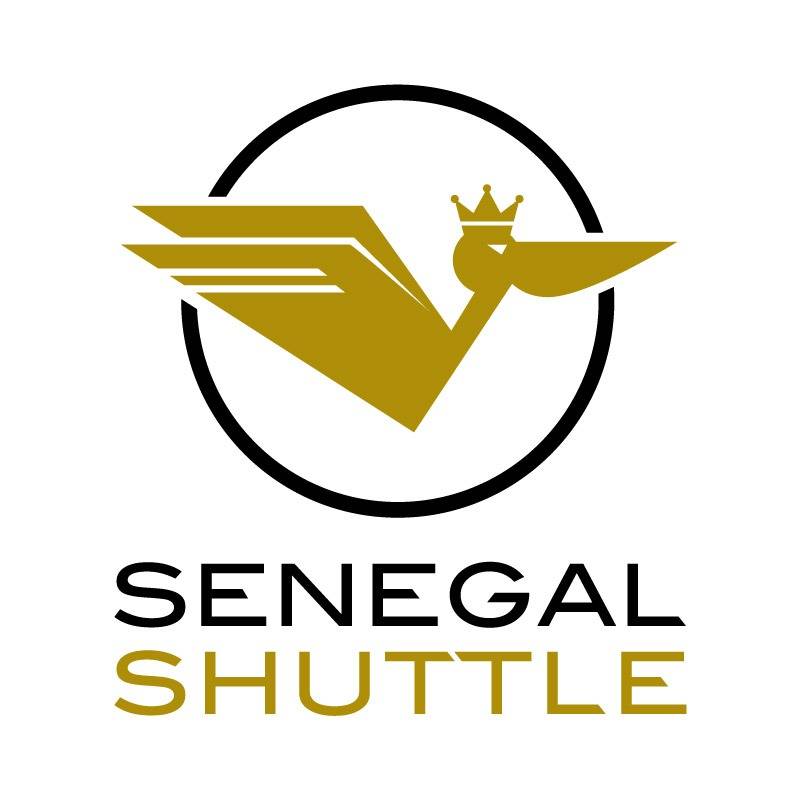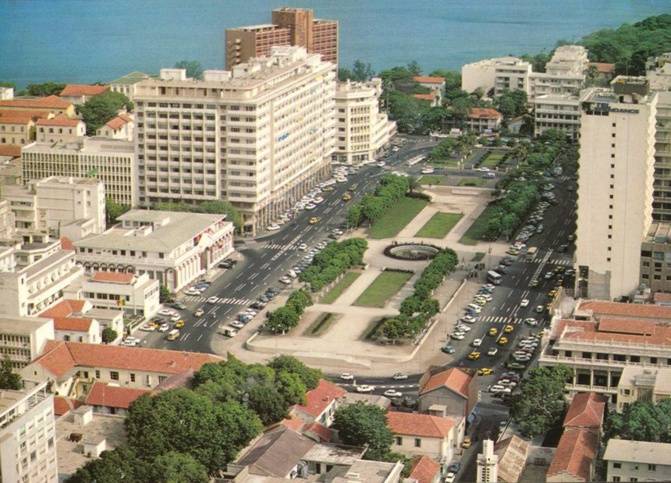Dakar, the capital of Senegal, is a city that is constantly evolving, adapting to the changing times and embracing its unique identity. From its humble beginnings as a small fishing village, Dakar has grown into a vibrant and bustling metropolis. This city is successfully attracting people worldwide with its rich culture, history, and economic opportunities.
As a city of constant evolution, Dakar has undergone various notable changes. These changes are portrayed in the country’s culture, people, infrastructure, economy, and historical roots. The continuous evolution marks Dakar as a city on the move.
Whether you are a traveler seeking adventure or a history enthusiast, Dakar has something to offer everyone. There are so many dynamic forces that shape Dakar city into the contemporary African city that we know. Having a deeper insight into these factors will help all travelers enjoy their stay more. In this article, we will bring you a larger portrait of Dakar.
Tracing The Roots Of Senegal’s Capital Dakar
Dakar, the capital city of Senegal, is a city with a rich history that can be traced back to the 15th century. The city has been shaped by the influences of various cultures, including indigenous tribes, European colonizers, and the Muslim religion.
Dakar was first established as a fishing village by the Lebou people, who are one of the indigenous tribes of Senegal. The Lebou people lived along the coast and were skilled fishermen, which allowed them to thrive in the region. In the 15th century, Portuguese explorers arrived in the region and established trade relationships with the Lebou people.

The Portuguese named the region around Ndakaaru the Senegal River, which later evolved into Senegal, now the name of the country. Following that, during the 19th century, Dakar became a center of the slave trade. However, the slave trade was abolished in 1848, and Dakar became a French colonial town in 1857.
Under French rule, Dakar became a hub for trade and commerce. The French built infrastructure such as roads, railroads, and ports, which helped to develop the city’s economy. The city also became a center of education by establishing the University of Dakar in 1957. The university was instrumental in the development of the African intellectual.
Dakar became the capital of Senegal in 1960 when the country gained independence from France. The city has continued to develop as a center of culture, politics, and commerce. Since then, Dakar has been one of the most evolving cities in the African region and the world. Today, the city is known for its remarkable culture, people, and commerce.
The Changing Face Of Dakar: From A Fishing Village To A Global City
The city of Dakar was a fishing village in the early 15th century. From the Portuguese trade relationships to being a French colony, Dakar faced monumental changes. Over time, Dakar evolved into a modern African city with important trade centers, commerce, and culture.
Dakar was a small fishing village that served as a trading post for salt and other goods. However, the city grew and evolved over time into a major center of trade, commerce, and culture. The city grew in importance during the 20th century, mainly after Senegal gained independence from France in 1960.

Today, Dakar is a bustling metropolis with a population of over 3 million people and a thriving economy. One of the most significant factors driving the transformation of Dakar has been its location on the westernmost point of Africa. This has made Dakar an essential gateway to the continent. Enjoy the best shuttle services in Dakar to travel throughout the city conveniently.
Dakar is also home to the largest seaport in West Africa, which handles over 90% of Senegal’s international trade. Additionally, the Dakar international airport serves as a hub for air traffic to and from the region. Due to its strategic location, Dakar has also benefitted from a diverse and vibrant culture that has drawn people worldwide.
Exploring The People And Culture Of Dakar
Dakar is home to a rich and vibrant cultural heritage, traditions, and a diverse livelihood. The people and culture illustrate the portrait of Dakar as the city on the move. The ethnic groups, languages, religions, cuisine, artisanal crafts, etc., make the city move rapidly.
One of the most striking features of Dakar is its people, renowned for their warmth, hospitality, and creativity. The city is a melting pot of ethnic groups, languages, and religions, with a population of Senegalese from all over the country. Similarly, there are immigrants from other African countries, Europe, and beyond.

This diversity is reflected in the city’s many cultural festivals, from the Dakar International Festival of African Fashion to the Saint Louis Jazz Festival. At the heart of Dakar’s culture is music, an integral part of daily life in the city. Dakar is a hub of musical innovation and creativity, from traditional mbalax rhythms to modern hip-hop and reggae.
The city is also home to numerous museums and cultural centers, including the African Renaissance Monument and the Museum of Black Civilizations. These museums showcase Senegal’s rich history and cultural heritage and the broader African continent. An integral part of Dakar’s culture is the food. Traveling through shuttles will allow you to explore it all.

Dakar is famous for its seafood, which is caught fresh from the Atlantic Ocean, as well as its spicy stews and couscous dishes. Visitors to Dakar can sample the city’s culinary delights at local markets, street stalls, and restaurants. Getting personalized transfer services or excursions will allow you to enjoy the food and culture at its core.
Exploring the people and culture of Dakar is a fascinating and rewarding experience. It offers a glimpse into the rich history and dynamic presence of West Africa. The people and culture of Dakar are undoubtedly the most dynamic forces behind the city’s evolution. Hence, visitor can enjoy their travel to the fullest with a deep understanding of the vibrant culture of Dakar.
Conclusion
Whether you are a traveler seeking to discover Senegal at its core or simply a history geek looking for a rich historical background, Dakar is the place for you. Thus, the cultural heritage, traditions, and people enable Dakar to be a city of constant evaluation. Contact us to enjoy the best transfers and excursion services during your stay in Senegal!









Leave a Comment